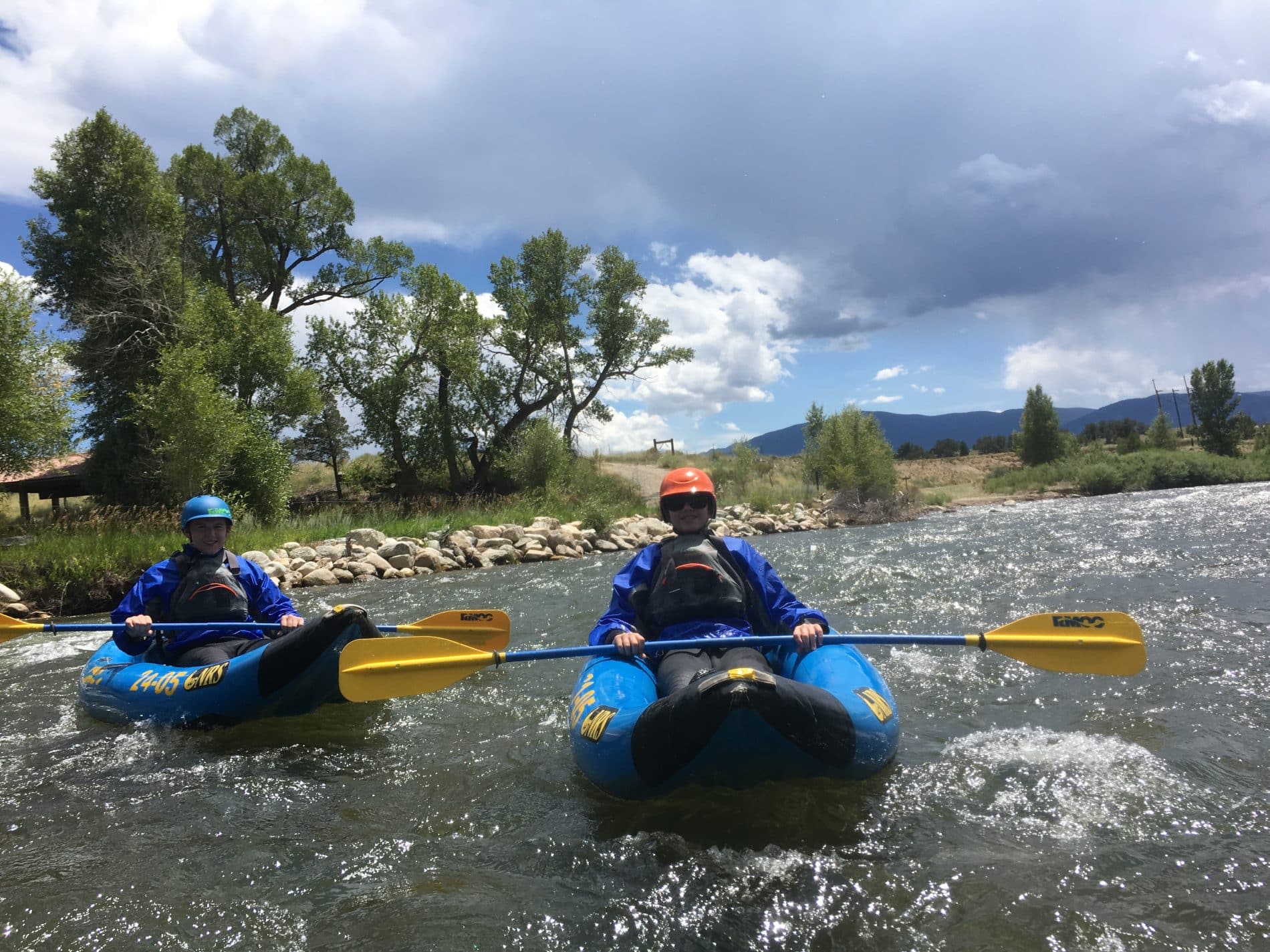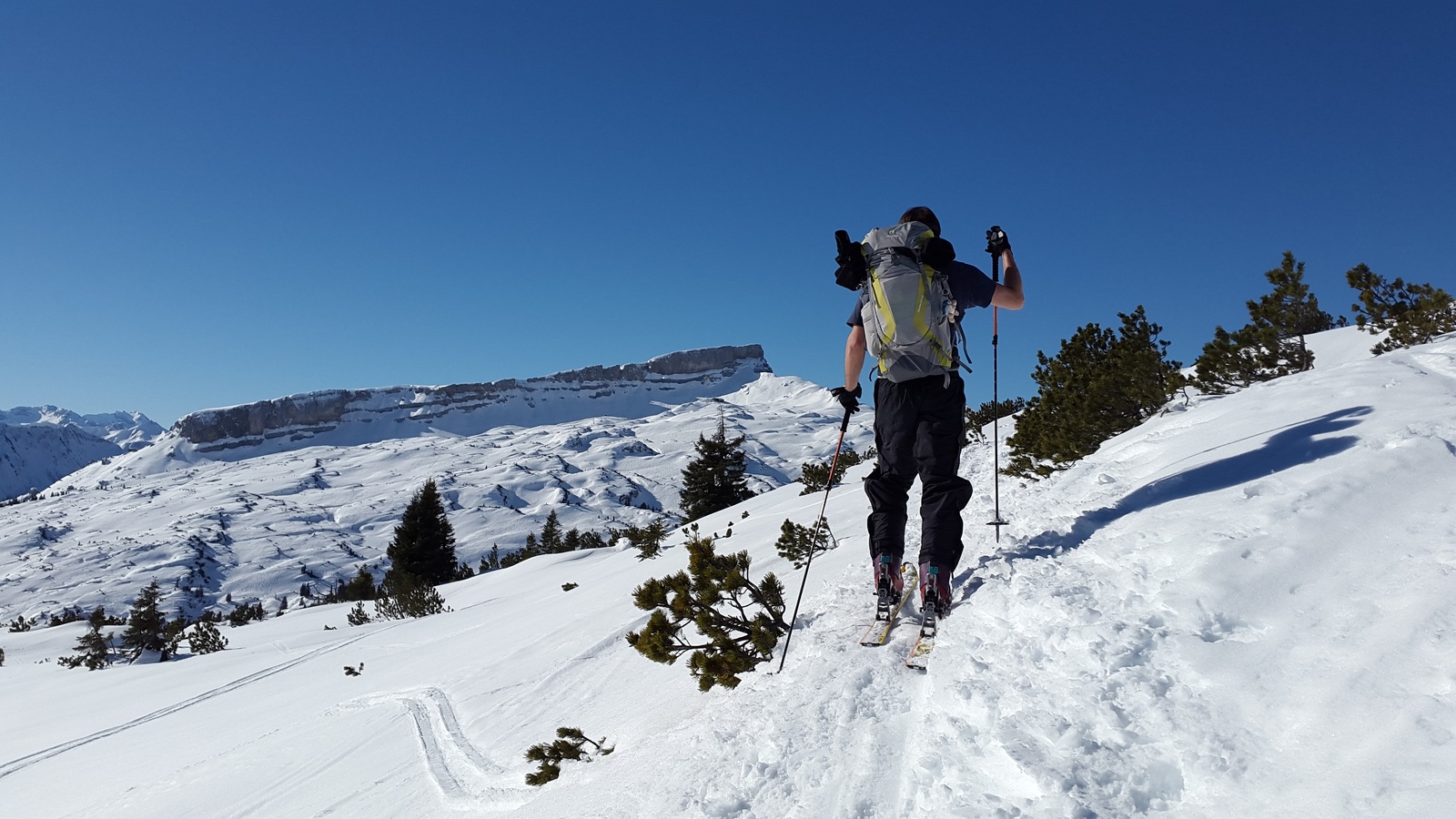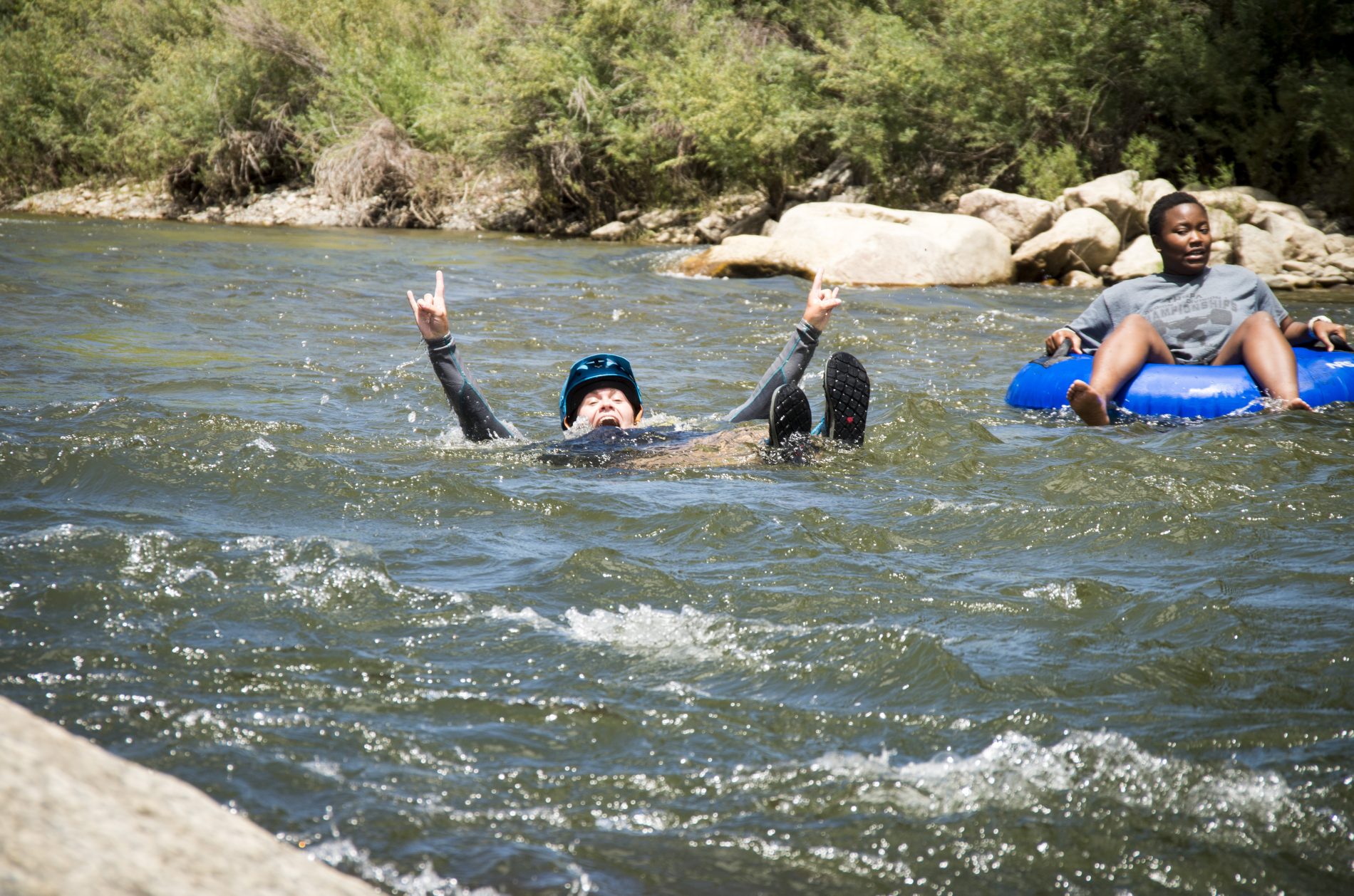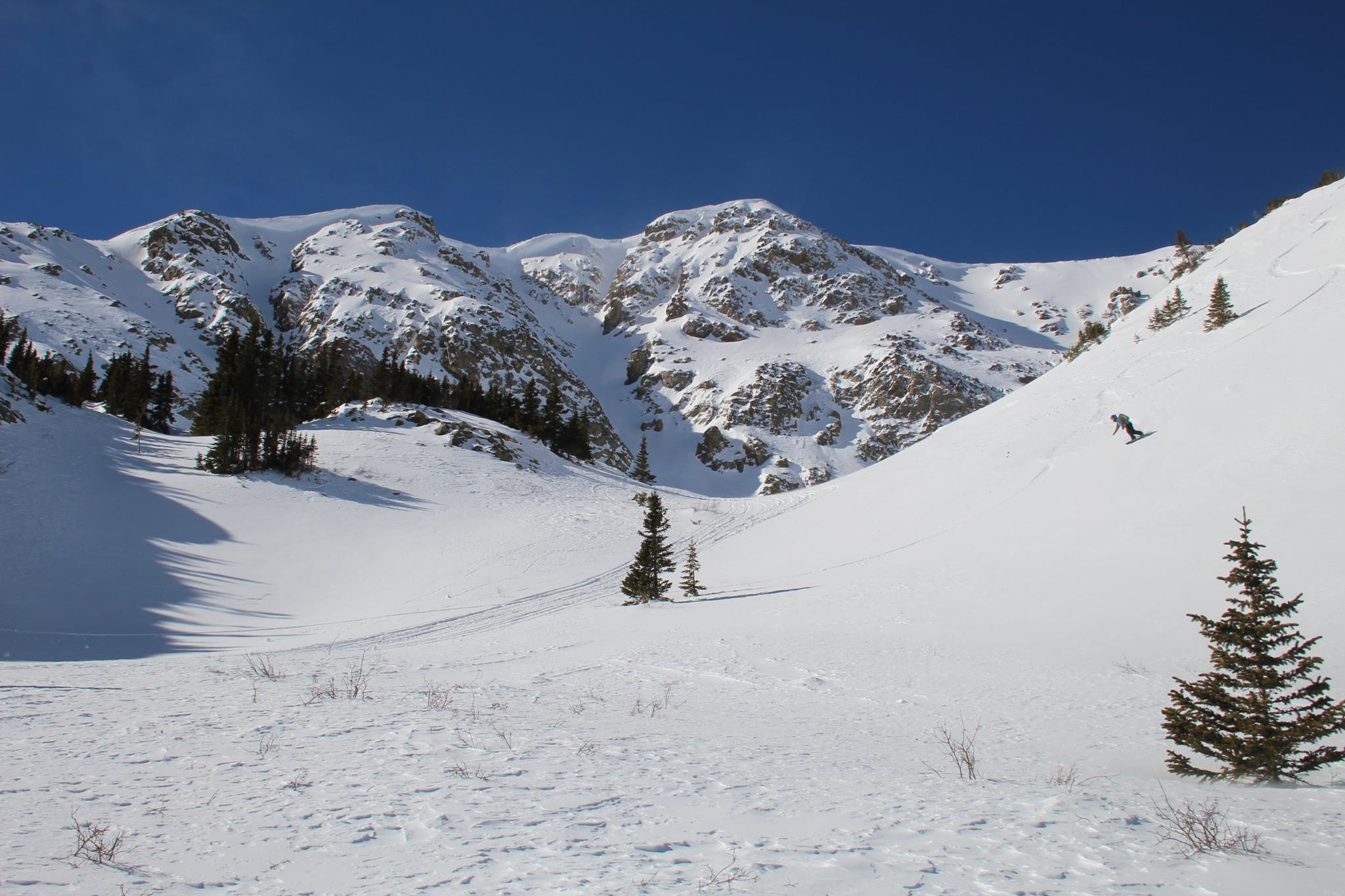
Pledge to be Backcountry Safe


As predicted, Colorado’s backcountry is more popular than ever this winter. Free from the restrictions currently imposed upon Colorado’s ski resorts, the backcountry offers acres upon acres of powder for anyone willing to work for it.
The industry as a whole is flourishing. According to Snowsports Industries America and The NDP Group, August and September 2020 sales of alpine touring equipment—including bindings, boots, and skis—and backcountry accessories such as avalanche shovels, beacons, probes, and skins increased 46% compared to the same period in 2019. Likewise, sales of backcountry split boards—snowboards that separate into halves resembling skis and can be equipped with climbing skins—increased 191% and snowshoe sales increased 221%
However, with the increase in backcountry touring comes the increase in danger. With so many newbies taking part, more users in general, and unsafe conditions, backcountry touring poses more dangers than in previous years. In fact, Colorado recorded four backcountry deaths in December alone.
Thankfully, the Colorado Tourism Office is taking an active part in educating backcountry travelers on the importance of backcountry safety with new, backcountry-focused marketing campaigns and an extensive list of backcountry resources. As a result, backcountry tours and avalanche courses are selling out across the state, making us hopeful that many of these new backcountry users are taking precautions seriously.
Also, most of those new to the backcountry seek out the AIARE certification. While it’s a fantastic course, for a total newbie, any basic intro course or lesson will be extremely beneficial and fun. This training can also be done in a private RMOC trip setting.
However, if you must hit the backcountry because the urge to enjoy that powder is too much, we ask that you follow these tips:


